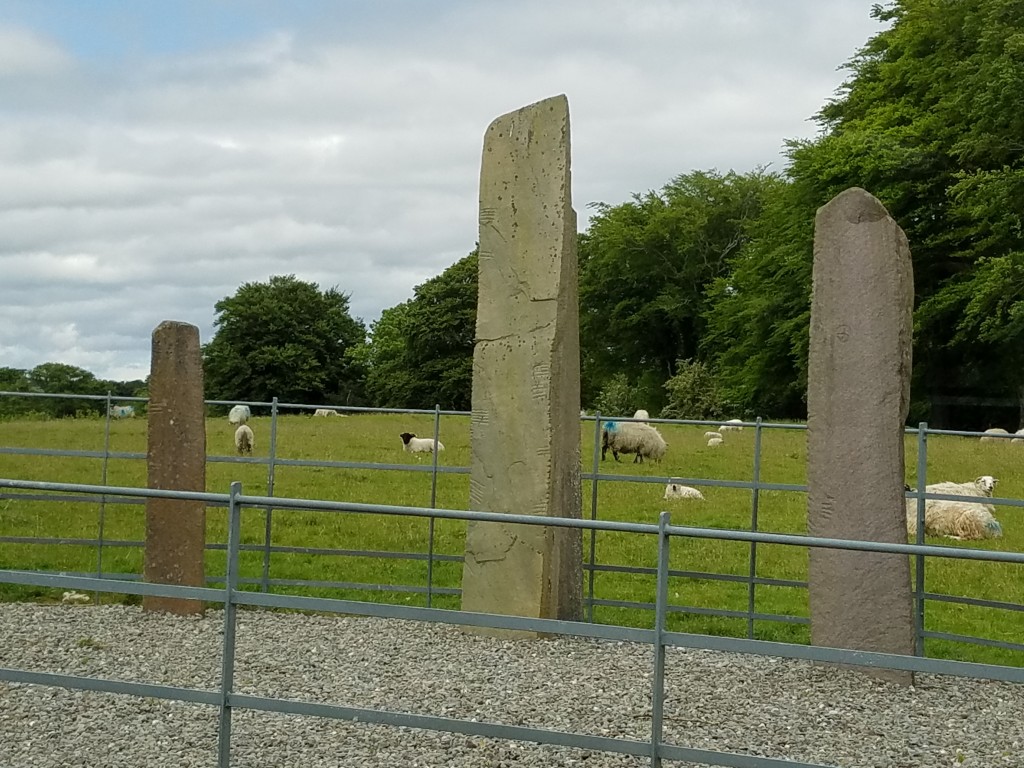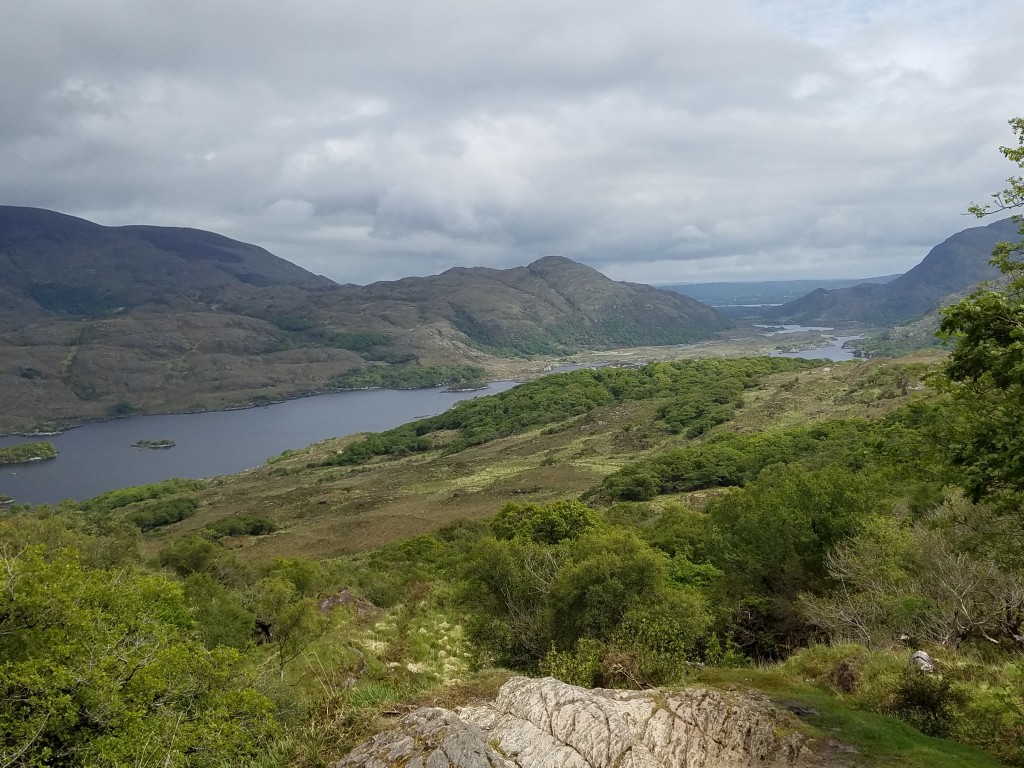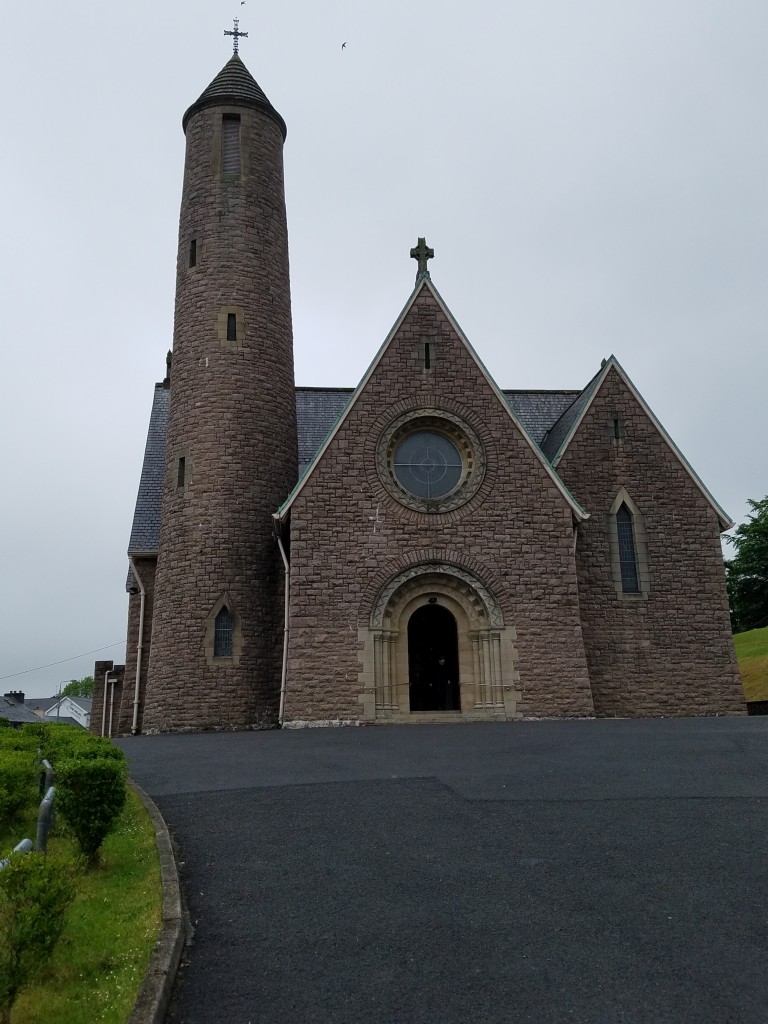Of all the little villages and seaside towns in Ireland that we visited, in most ways Kinsale was my favorite, for a lot of reasons, the first of which is that our local guide, Barry Maloney (pictured above) was not full of bologna, or as the Irish would say, blarney…. quick word study…. here is where that word seems to have come from… But still you’ll hear some woolly tales… or is it woolly tails…. Kinsale is important for a... Read more

















